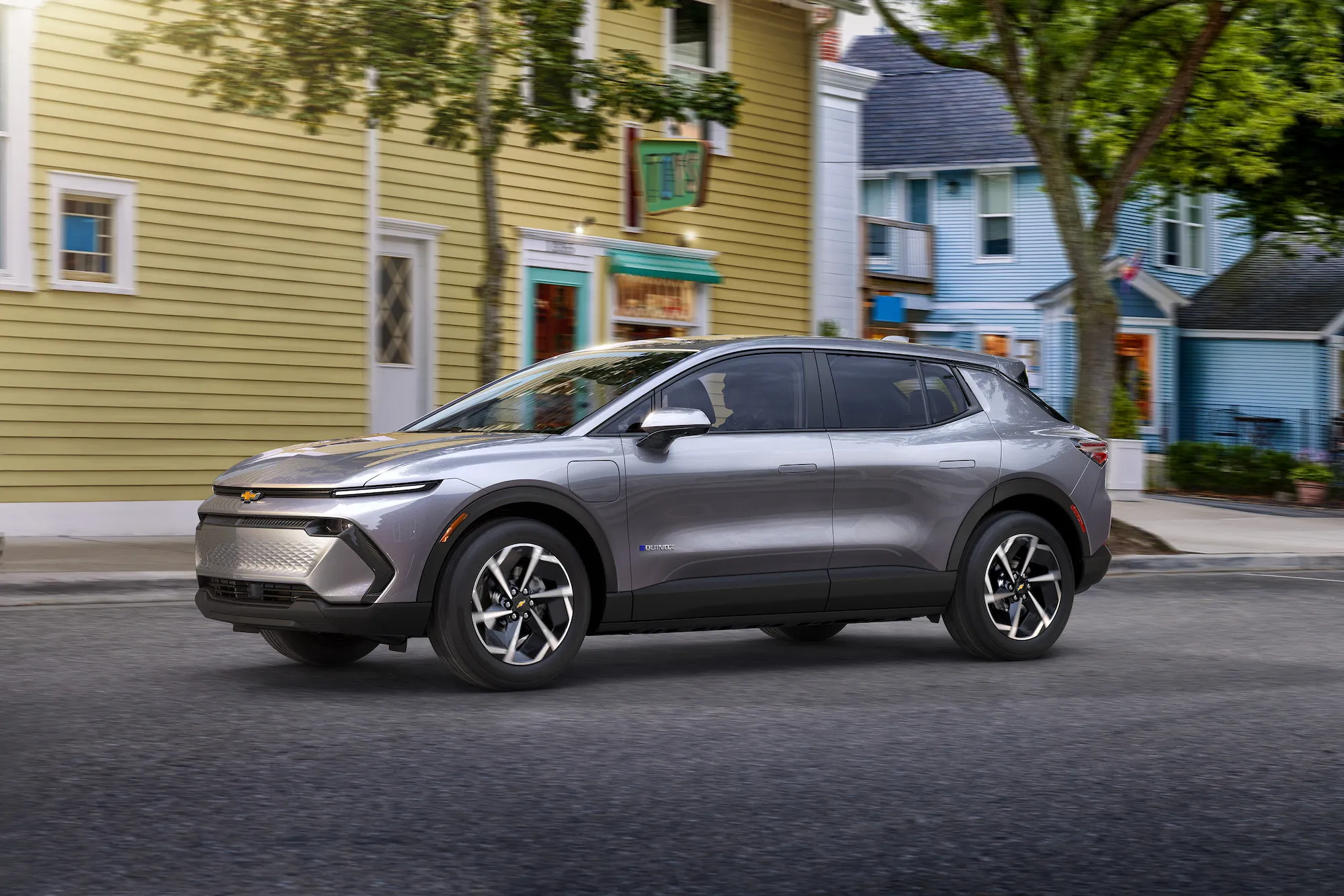Key Takeaways
- Auto tariffs set to take effect in April could lead to immediate price increases for vehicles.
- Mexico produces many U.S.-bound EVs but has low domestic sales and faces infrastructure challenges.
- Potential elimination of EV tax credits may significantly impact U.S. manufacturing and pricing.
Upcoming Tariffs and Price Implications
The auto industry is facing impending tariffs on vehicles produced in Mexico and Canada, as confirmed by President Trump. During a recent announcement, Trump indicated that reciprocal tariffs would be implemented starting April 2. With the U.S. importing $471 billion worth of automotive products in 2024, including $214 billion in passenger cars, these tariffs could significantly affect prices.
Despite producing a large number of electric vehicles (EVs) for the U.S. market, Mexico struggles with low domestic EV sales. An inadequate charging infrastructure and high vehicle prices hinder adoption in a market where EVs represent only a small fraction of the nearly 1.1 million new cars sold annually. Mexico is, however, working on developing its own EV supply chain and has plans for a federally subsidized EV priced as low as $4,400.
The Inflation Reduction Act under the Biden administration offers tax credits up to $7,500, contingent on North American assembly and sourcing. This policy aligns with the U.S.-Mexico-Canada Agreement (USMCA) established during Trump’s first term. Trump has expressed a desire to eliminate the EV tax credit, with research suggesting that such a move could severely impact U.S. manufacturing.
Potential Costs of Tariffs
Tariffs on Mexican and Canadian imports could lead to significant price increases for new vehicles. Analysts project that a 25% tariff could add approximately $2,100 to the cost of U.S.-assembled vehicles. For those made in Mexico or Canada, prices could surge by $8,000 to $10,000. This could pose challenges for domestic automakers reliant on parts and assembly from these countries, as General Motors (GM) alone assembles over 889,000 vehicles in Mexico, with the majority headed for the U.S. market.
As the federal government outlines vehicle production under the American Automobile Labeling Act (AALA), a list has emerged detailing EVs, hybrids, and plug-in models manufactured in Mexico and Canada.
EVs Produced in Mexico:
- Ford Mustang Mach-E
- Cadillac Optiq
- Chevrolet Blazer EV
- Chevrolet Equinox EV
- Honda Prologue
- Jeep Wagoneer S
- Ford Maverick XLT
Hybrids from Mexico:
- Audi Q5 S line 55 e
- Ford Maverick Hybrid
- Toyota Tacoma Hybrid
- Dodge Charger Daytona
EVs Produced in Canada:
- Dodge Charger Daytona EV
- Honda Civic Hybrid
Hybrids from Canada:
- Chrysler Pacifica Hybrid
- Civic Hybrid 5-dr
- Lexus RX350h
- Toyota RAV4 Prime
As developments unfold, the combination of potential tariffs and changes in tax credits spurs uncertainty in the auto industry regarding vehicle pricing and availability. Automakers warn that price hikes could lead to withdrawal of certain models from the market, emphasizing the need for careful navigation of this changing landscape.
The content above is a summary. For more details, see the source article.















